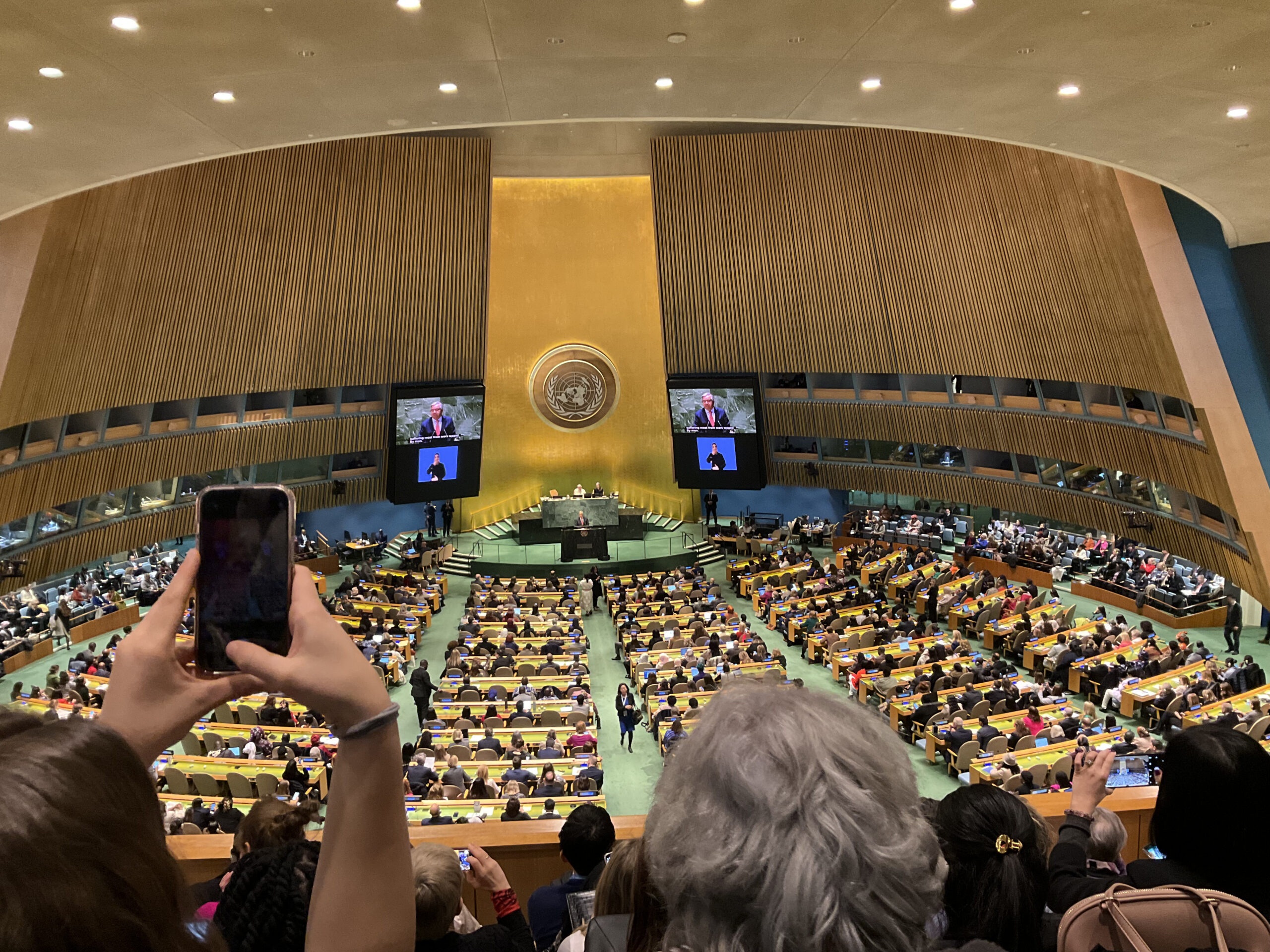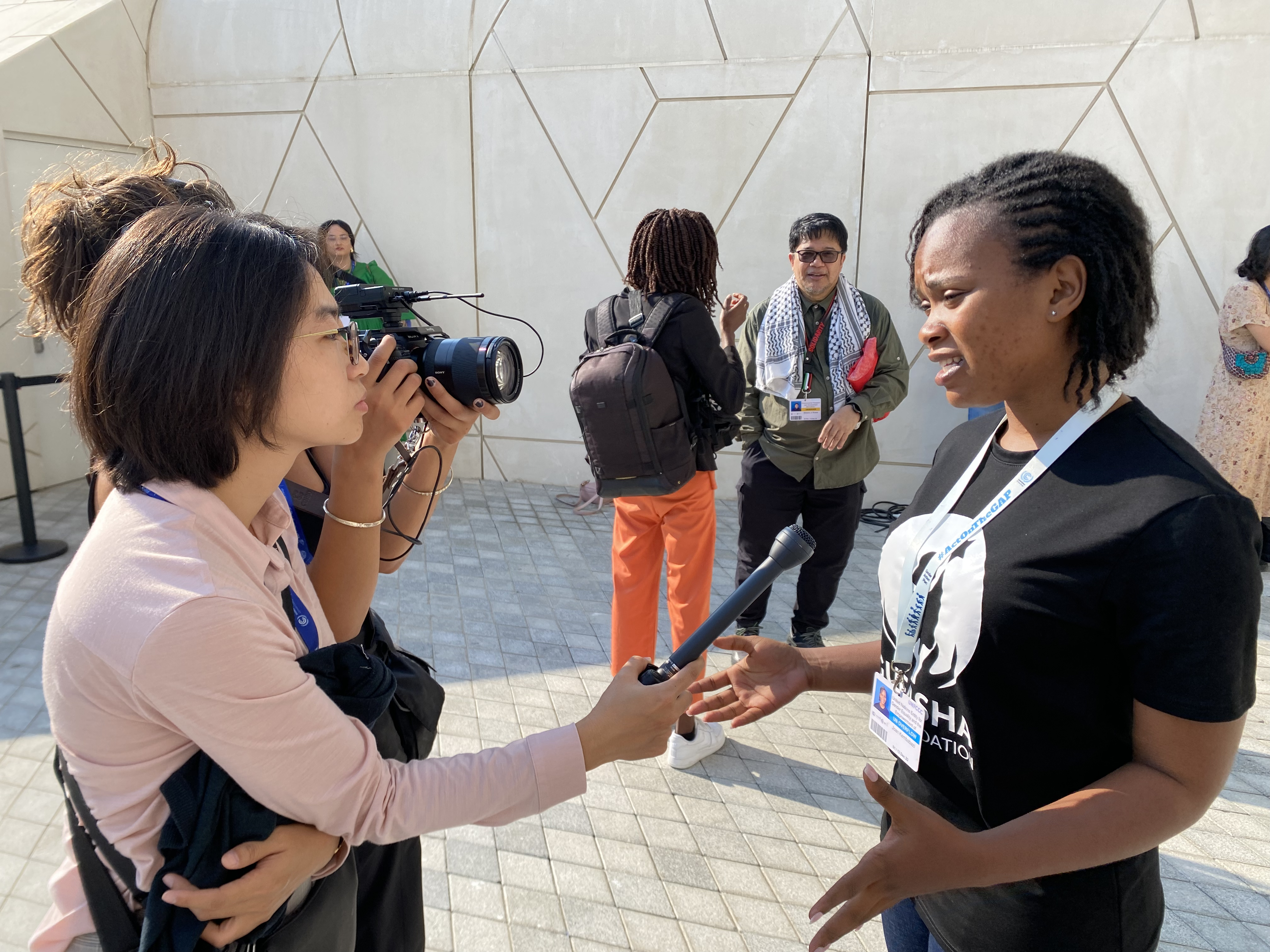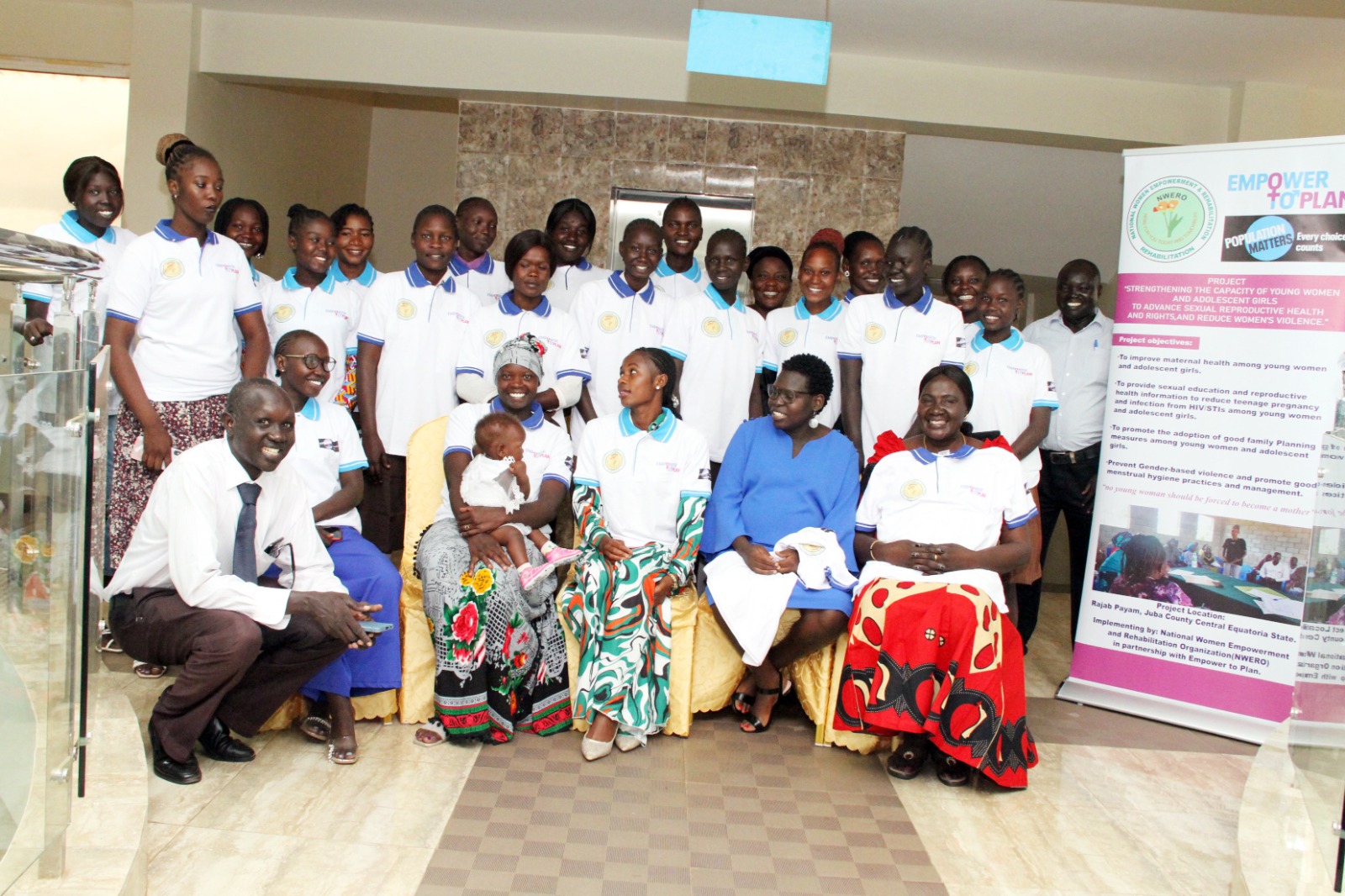News from Population Matters.
-

Exploring the links between people, their health and the environment
Population, Health and Environment is a development approach that recognises the links between local communities, their health and the natural resources upon which they depend. This week, we co-hosted an event to find out more.
-

Gender equality by 2030? Not likely
The 68th session of the Commission on the Status of Women ended last week with a call from UN leaders to accelerate poverty eradication and provide necessary funding.
-

Abortion access: blocked paths and rights of way
Positive news can sometimes feel in short supply, but France enshrining abortion access into their constitution was a genuine moment to celebrate. We thought we’d take the opportunity to look at the general abortion access picture across the world.
-

Education: Investment, Inequalities and Policies
Education is the major driver behind reducing poverty, propelling development and lowering fertility rates. But how should investment in education be approached?
-

A transition from fossil fuels, green education and a health crisis: the highs and lows of COP28
Population Matters Choice Ambassador Joan Kembabazi tells us about her experience at COP28.
-

Gender-based Violence, unplanned pregnancies and the condom conundrum
Despite being acknowledged as a global public health issue by the World Health Organization, Violence Against Women and Girls or gender-based violence (GBV) continues around the world.
-

Empowering futures: advancing education and equality in South Sudan
As we find ourselves at the midpoint of our partnership with the National Women Empowerment and Rehabilitation Organization (NWERO), we are delighted to share their remarkable strides forward amid the persistent challenges they confront.
-

Putting the family in traditional family values
There has been a flurry of pronatal activity in the UK in recent weeks. Those involved are keen to restore “traditional family values” to the UK and, ultimately, raise the fertility rate.
-

How the world continues to fail the girl child
Today is the International Day of the Girl Child. Abimbola Junaid, our Partnerships, Advocacy and Voice Manager, speaks to the importance of raising their voices and speaking out on behalf of girls everywhere.
-

Addressing gender disparities and promoting equality
Joan Kembabazi is the founder of the Ugandan organisation Gufasha Girls Foundation and a Population Matters Choice Ambassador. In July 2023, we were delighted to assist her to attend the Women Deliver Conference.

